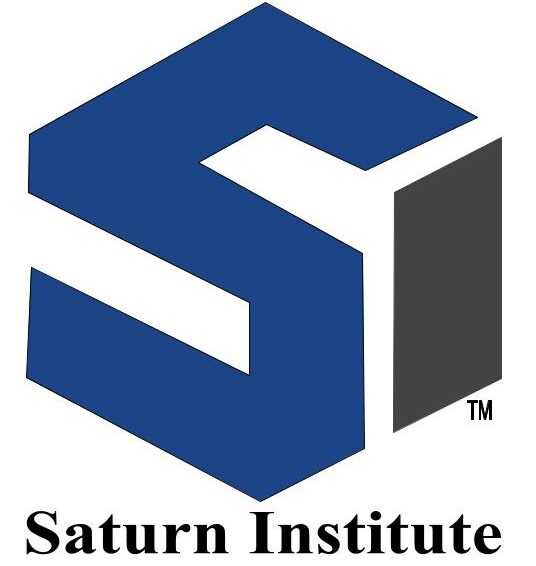The Research Board of an institute is a committee or body established to oversee, promote, and guide the research activities conducted within the institution. Its primary purpose is to foster a vibrant research culture, ensure ethical and responsible conduct of research, enhance the quality and impact of research outputs, and align research endeavors with the institute’s strategic goals.
Here’s a breakdown of its key characteristics and functions:
Core Purpose:
- To provide strategic direction and oversight for the institute’s research activities.
- To promote a supportive and ethical environment for research.
- To enhance the quality, impact, and visibility of the institute’s research.
- To facilitate interdisciplinary collaboration and research partnerships.
- To advise the institute’s leadership on research-related matters.
Key Responsibilities typically include:
- Developing and Implementing Research Strategy: Contributing to the development and implementation of the institute’s overall research strategy, including setting priorities and targets.
- Establishing Research Policies and Procedures: Creating and overseeing policies related to research ethics, integrity, intellectual property, data management, and the responsible conduct of research.
- Reviewing and Approving Research Proposals (in some cases): Depending on the institute’s structure, the Research Board may review and approve significant research proposals or provide feedback on them.
- Allocating Research Resources: Advising on the allocation of internal research funding, equipment, and other resources to support research activities.
- Promoting Research Excellence: Identifying and promoting best practices in research, encouraging high-quality publications, and supporting the dissemination of research findings.
- Fostering Research Collaboration: Encouraging interdisciplinary research initiatives and facilitating collaborations with external institutions, industry partners, and the wider community.
- Ensuring Ethical Conduct of Research: Overseeing the ethical review process for research involving human subjects or animals (often through a separate Ethics Committee or Institutional Review Board (IRB) that may report to the Research Board).
- Monitoring Research Performance: Tracking and evaluating the institute’s research outputs, outcomes, and impact.
